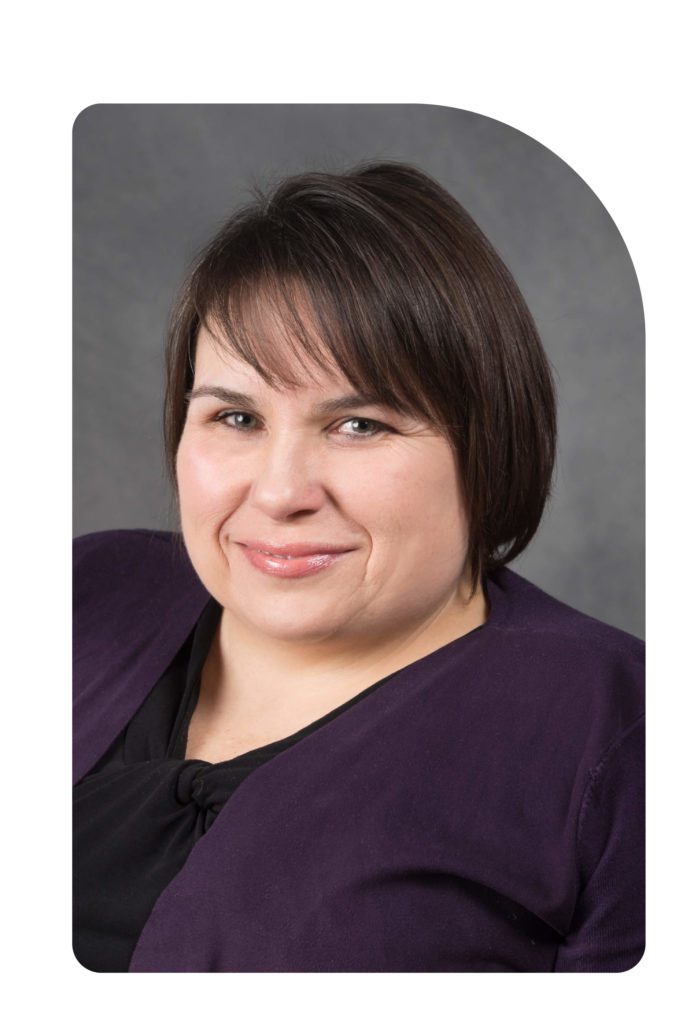May 31, 2022
Listen Now or on Your Favorite Podcast Platform
The Problem
The first Center for Independent Living (CIL) was founded in Berkeley, California. It was created by Ed Roberts and his classmates with disabilities. They did not have the same freedoms as their peers at UC Berkeley. Ed, who was a post polio quadriplegic, was living in a hospital room instead of a dorm. He was required to be back in his room by 10 PM each night. The Center they created focused on helping people live how they wanted: In the community, with whatever supports they needed.
The creation of this first CIL in the early 1970s started a national movement. It was the birth of a new way of seeing disability called the community model. Community model focuses on the individual with a disability as the solution and not the problem. As opposed to medical model, which focuses on the physical or mental problem that needs to be “fixed.” But many people don’t know this philosophy. All too often, people with disabilities are still seen as the problem.
Join Holly and Michael as they talk with Karen Tamley, CEO of Access Living. Karen discusses the services that Centers for Independent Living provide. She also talks about the philosophy of Independent Living.
What We Can Do About It
It’s easy to get paralyzed by the feeling that we can’t make a difference. But helping out can be a lot simpler than we think.
Step 1: Become Informed About Centers for Independent Living and IL Philosophy
Centers for Independent Living (CILs) are community-based organizations. They are designed and run by people with disabilities. They are less costly than assisted living centers or nursing homes. CILs may offer recreational activities. They also may have exercise programs or light housekeeping. They do not provide medication assistance.
The five core services provided by a Center for Independent Living are:
- Information
- Referral
- Advocacy
- Peer Support
- Independent Living Skills Training
Step 2: Ask Your Representatives to Increase Funding for CILs
Here are four essential tips for calling a member of Congress:
- Write out what you are going to say and have it in front of you when you call
- Identify yourself and ask for a legislative assistant
- State the reason for your call – keep it short and support it with facts
- Be courteous and thank the staffer for taking your call about this issue
Step 3: Support Access Living of Metro Chicago
Access Living is the Center for Independent Living that serves the City of Chicago. They envision a world where disability is a respected and natural part of the human experience.
Boom. You’ve made a difference.

Karen’s Story
Karen Tamley is the President and CEO of Access Living. They are a Chicago-based non-profit for people with disabilities. Prior to becoming Access Living’s CEO, Karen served under three Chicago Mayors as Commissioner of the Mayor’s Office for People with Disabilities. In 2016, President Obama appointed Karen to serve on the United States Access Board. There, she helped develop national accessibility guidelines and standards. Karen also served as a member of the Biden-Harris Presidential Transition team. Karen is a graduate of the University of California, Berkeley. She lives in Chicago with her husband, Kevin Irvine, and their teenage daughter. They are all actively involved in disability advocacy locally and nationally.
Get More Information on Centers for Independent Living
What are Centers for Independent Living?
- National Council on Independent Living – The Independent Living Movement is founded in the belief that people with disabilities have a common history and a shared struggle.
- Statewide Independent Living Council of Georgia – Unlike other care settings, “the people who are to benefit from the services have a say in designing and delivering the services.”
- U.S. News and World Report – Some care settings for older adults have overlaps. This article covers many of them and their similarities.
- Administration for Community Living – Even more information about Centers for Independent Living.
Can a Center for Independent Living Help Me?
- Hebrew Senior Life – This blog provides five differences between independent and assisted living.
- The Independence Center – “While the Division of Vocational Rehabilitation (DVR) provides the employment-related services, Centers for Independent Living provide supports that people need to have in place before going to work. These include finding housing, learning transit, and peer support.”
- Journal of Vocational Rehabilitation – This 2004 study reported a high level of satisfaction with services received through a CIL.
- National Institute on Aging – Different types of care may include residential facilities, assisted living, and nursing homes.
- Independent Living Research Utilization – A directory of Centers for Independent Living for all 50 states plus U.S. territories.
- Psychiatric Rehabilitation Journal – More than half of CIL participants in this study received a substantive support in at least one area.
